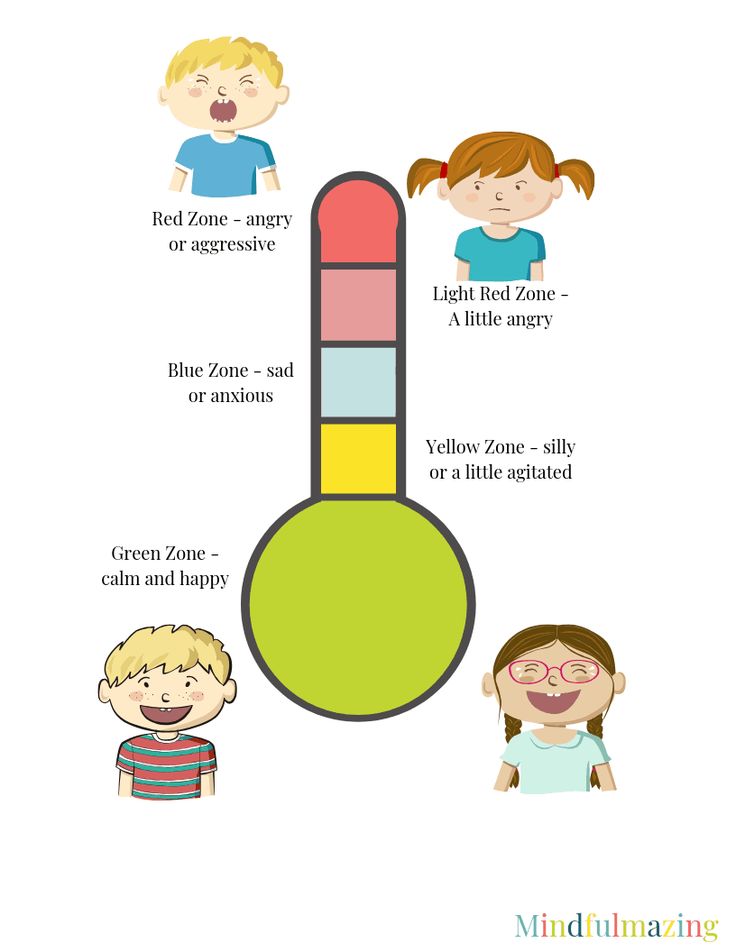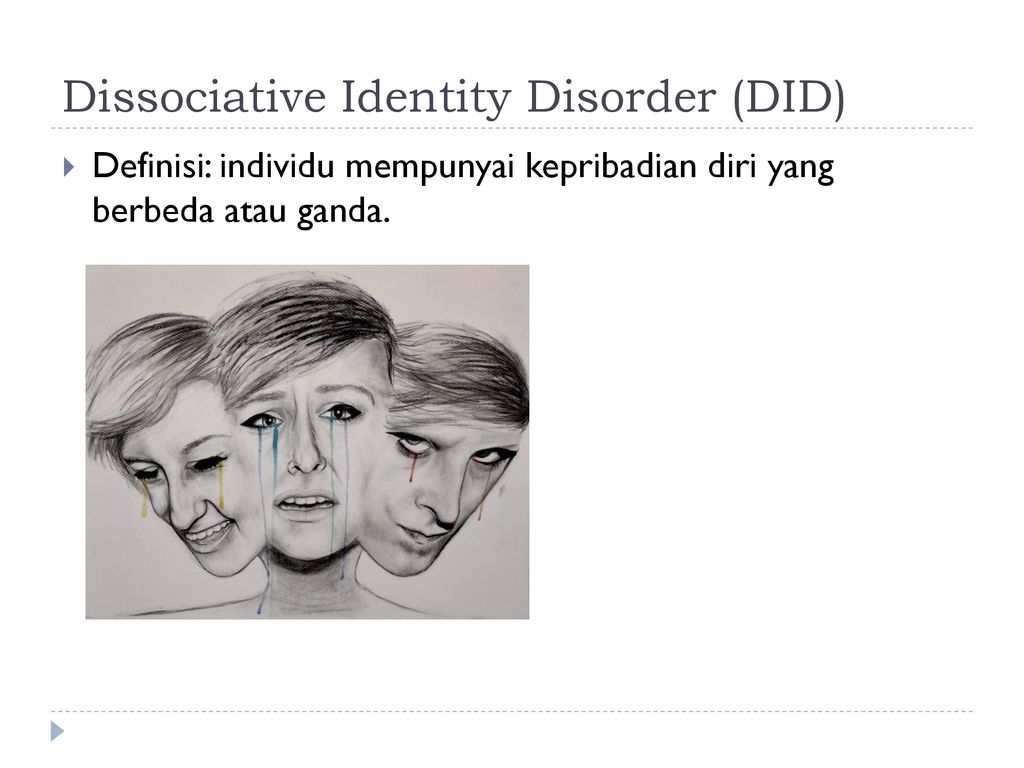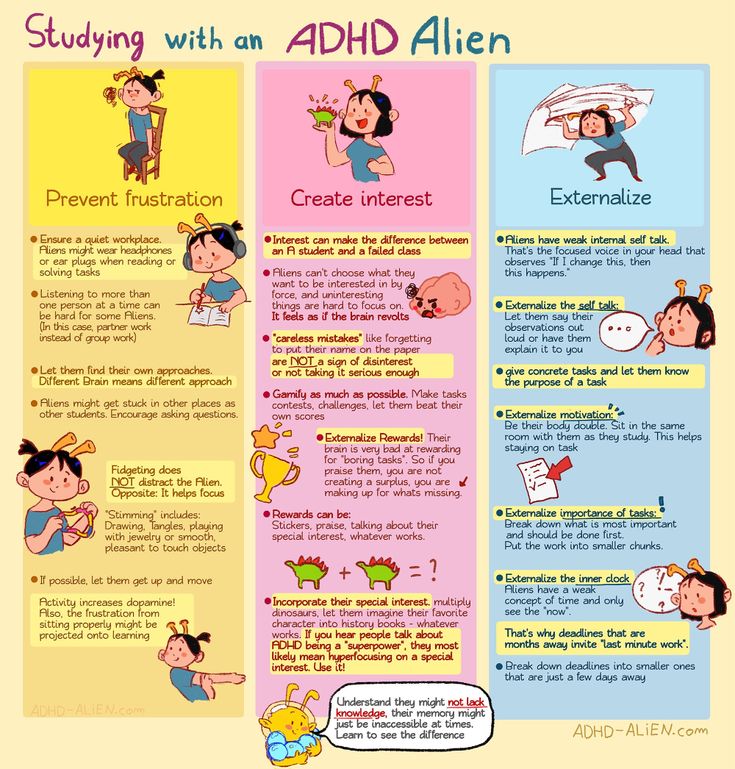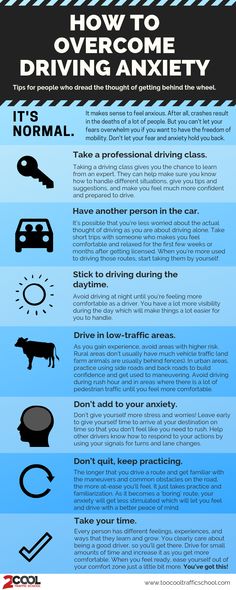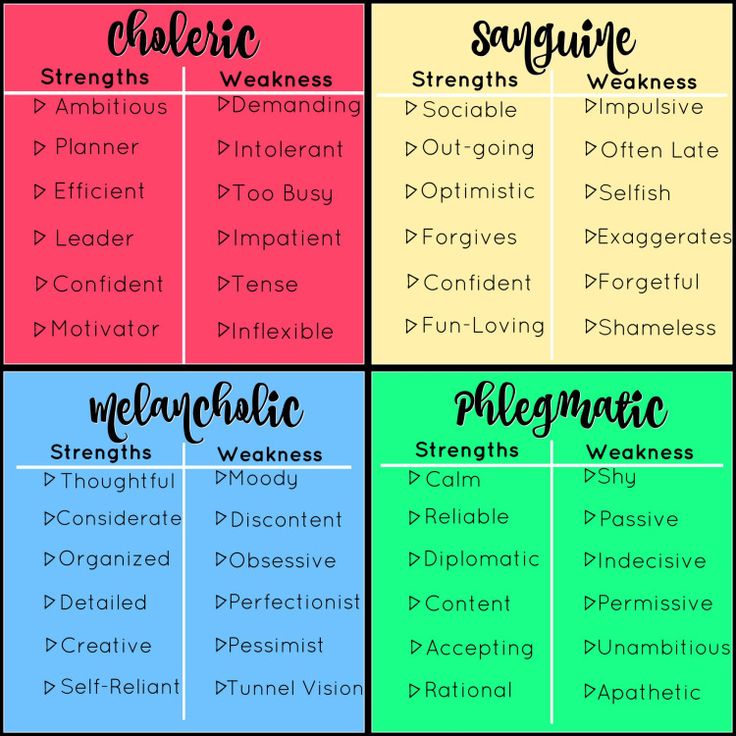Daydreaming in children
Help for the Daydreaming Child
Children who display disrupting behaviors, such as hyperactivity, talking when they are not supposed to, aggression, fidgeting, and other more challenging behaviors are often the children who receive the most attention in terms of being identified as a child in need of support services in school or as a child who’s parents are struggling to find what discipline and other parenting strategies to use at home. However, there are other children who receive less immediate attention from adults and the school systems because they are not displaying these more disruptive behaviors. Instead, these children often daydream which does not lead to many adults feeling the need to create any interventions for the kids. The kids who daydream may or may not need support services. As a parent or professional working with a child, it is important to consider whether a particular child’s daydreaming warrants further monitoring and possible intervention or not. Read the following information to find out more information about children and daydreaming.
PROS:
Amy Fries’ article, “The Power of Daydreaming” on Psychology Today presents the positive aspects of daydreaming. Fries makes reference to a few research studies that provide support for how daydreaming helps children develop social skills, creativity, and helps them to process information.
Daydreaming can help children to create, practice, and process dialogues they may have with others. Daydreaming, or the wandering mind, may provide the benefit of allowing a child to improve their creativity by its very nature of allowing the mind to free associate meaning the mind more freely flows from one thought to another which can lead to more creative ideas, more thinking “outside the box” (outside the current situation being experienced). Research has suggested that nighttime dreaming helps individuals to process information they learned during the day as well as process the experiences they had. This may also be true of daydreaming, as well.
Daydreaming is certainly not all bad. Adults should not attempt to stop children from daydreaming completely. According to Joseph Stromberg’s article, “The Benefits of Daydreaming,” at the Smithsonian.com, daydreamers may actually have better working memory particularly in the face of distraction which can definitely be a useful skill in these busy and sometimes chaotic times.
Adults should not attempt to stop children from daydreaming completely. According to Joseph Stromberg’s article, “The Benefits of Daydreaming,” at the Smithsonian.com, daydreamers may actually have better working memory particularly in the face of distraction which can definitely be a useful skill in these busy and sometimes chaotic times.
[image credit: Alive Campus]
CONS:
Certainly some daydreaming can be a symptom of certain mental health or neurological disorders (such as ADHD, schizophrenia, Autism, etc.). Some daydreaming can be problematic when it impairs functioning in academics, in social situations, or at home. Daydreaming can be a side effect of a learning disorder or may contribute to a learning disorder. Daydreaming may be problematic when it negatively impacts a child’s connection with others, as well.
Many teachers, parents, and others often attribute daydreaming to an attention disorder like Attention Deficit Hyperactivity Disorder (ADHD). However, this is not necessarily the case although some children with ADHD may also daydream.
However, this is not necessarily the case although some children with ADHD may also daydream.
When daydreaming occurs so frequently that your child or a child you work with is experiencing negative outcomes frequently within any area of life, it is worth taking a serious look at the cause and possible solutions for addressing daydreaming.
—————————–
As mentioned above, daydreaming is not a problem. The problem occurs when daydreaming impairs a person’s functioning in an area of life that creates significant problems for that individual in comparison to most of their peers. Even then, without knowing your particular, unique situation, I can’t say that daydreaming is for sure a problem. Daydreaming can be beneficial to a person’s overall well-being. Trying to eliminate daydreaming may not be the answer. The answer is more likely to help a child know when and how much to daydream and to know how to snap out of daydreaming when necessary. For instance, a child’s educational performance may suffer tremendously if they daydream during all reading lessons for weeks in a row.
For instance, a child’s educational performance may suffer tremendously if they daydream during all reading lessons for weeks in a row.
We all daydream to an extent. The voice in our heads that gives us an idea, that plans ahead, that decides what’s for dinner, or that replays a situation that occurred to us previously in the day or further in the past are all forms of daydreaming. Our minds are focusing on something else besides the particular situation we are currently in. So most of us daydream regularly but daydreaming is only problematic for some people.
Sometimes people daydream when they are in a situation that is not as entertaining, not as interesting, not as attention-maintaining, or not as reinforcing as what is necessary to hold their minds to remain focused on the current situation. It may be more difficult for some people to remain “mindful” in the present moment particularly in these less preferred situations.
If daydreaming is a problem for a child you know, consider the following tips:
- Don’t try to stop a daydreamer from daydreaming (not completely anyway).
 Instead, teach the child to become more self-aware by helping them to catch themselves daydreaming and to learn the skills to re-focus their attention.
Instead, teach the child to become more self-aware by helping them to catch themselves daydreaming and to learn the skills to re-focus their attention. - Teach the child to monitor their own behavior. One way to do this is described by Additude Magazine. The idea was also introduced to me by my supervisor at the Autism Center of Central Michigan, Leasa Androl, MA, BCBA. The technique is to provide the child with a device that will vibrate or make a sound every so many seconds or minutes (whatever amount of time you decide for your child). When the device vibrates or makes a sound, the child is to mark on a provided piece of paper or index card whether, in that moment, he was daydreaming (or paying attention to the task whether it’s his homework or listening to the teacher). The parent can help the child to learn how to do this and then he can try it on his own.
- Practice (or have the child practice) “mindful breathing” to help keep daydreaming to a minimum.
 To do this, one study by Smallwood and Schooler (2012) cited by Urge Surf suggests focusing on your breathe for eight minutes a day. When your mind wanders from the breathe, bring your attention back to your breathe.
To do this, one study by Smallwood and Schooler (2012) cited by Urge Surf suggests focusing on your breathe for eight minutes a day. When your mind wanders from the breathe, bring your attention back to your breathe. - Consider the child’s environment & your teaching strategies. Are there things that can be changed in the child’s environment to help them daydream less often? For instance, if you are a teacher or an educator of some sort, can the curriculum be provided in a more engaging manner? (Please don’t take offense if you are a teacher. I am sure that most teachers and parents do the best job that they can and teachers are not always able to keep every single child engaged at all times.) If you are a parent, are there things you can do for your child that will enhance their focus during homework time, such as make it a race to finish the homework in order to earn a reward?
- Improve nutrition. Healthy foods are, of course, good for many reasons.
 Eating nutritious foods can certainly help a child to have better control over their attention as well as have more focus on the task at hand throughout the day.
Eating nutritious foods can certainly help a child to have better control over their attention as well as have more focus on the task at hand throughout the day. - Get enough rest. Being sleep deprived can also lead to more daydreaming. Sleep deprivation can make it easier to drift off into one’s own mind especially in a not so entertaining environment.
Check out: Taking Charge of ADHD, Third Edition: The Complete, Authoritative Guide for Parents for ideas on helping kids with ADHD who daydream and have difficulty with focusing.
Another helpful resource that could be used in a professional setting or at home with kids who struggle with attention and daydreaming is The ADHD Workbook for Kids: Helping Children Gain Self-Confidence, Social Skills, and Self-Control (Instant Help)
[image credit: Tyler Olson – Fotolia.com]
If you have other ideas about children who daydream often, please feel free to comment below.
Help for the Daydreaming Child
Children who display disrupting behaviors, such as hyperactivity, talking when they are not supposed to, aggression, fidgeting, and other more challenging behaviors are often the children who receive the most attention in terms of being identified as a child in need of support services in school or as a child who’s parents are struggling to find what discipline and other parenting strategies to use at home. However, there are other children who receive less immediate attention from adults and the school systems because they are not displaying these more disruptive behaviors. Instead, these children often daydream which does not lead to many adults feeling the need to create any interventions for the kids. The kids who daydream may or may not need support services. As a parent or professional working with a child, it is important to consider whether a particular child’s daydreaming warrants further monitoring and possible intervention or not. Read the following information to find out more information about children and daydreaming.
However, there are other children who receive less immediate attention from adults and the school systems because they are not displaying these more disruptive behaviors. Instead, these children often daydream which does not lead to many adults feeling the need to create any interventions for the kids. The kids who daydream may or may not need support services. As a parent or professional working with a child, it is important to consider whether a particular child’s daydreaming warrants further monitoring and possible intervention or not. Read the following information to find out more information about children and daydreaming.
PROS:
Amy Fries’ article, “The Power of Daydreaming” on Psychology Today presents the positive aspects of daydreaming. Fries makes reference to a few research studies that provide support for how daydreaming helps children develop social skills, creativity, and helps them to process information.
Daydreaming can help children to create, practice, and process dialogues they may have with others. Daydreaming, or the wandering mind, may provide the benefit of allowing a child to improve their creativity by its very nature of allowing the mind to free associate meaning the mind more freely flows from one thought to another which can lead to more creative ideas, more thinking “outside the box” (outside the current situation being experienced). Research has suggested that nighttime dreaming helps individuals to process information they learned during the day as well as process the experiences they had. This may also be true of daydreaming, as well.
Daydreaming, or the wandering mind, may provide the benefit of allowing a child to improve their creativity by its very nature of allowing the mind to free associate meaning the mind more freely flows from one thought to another which can lead to more creative ideas, more thinking “outside the box” (outside the current situation being experienced). Research has suggested that nighttime dreaming helps individuals to process information they learned during the day as well as process the experiences they had. This may also be true of daydreaming, as well.
Daydreaming is certainly not all bad. Adults should not attempt to stop children from daydreaming completely. According to Joseph Stromberg’s article, “The Benefits of Daydreaming,” at the Smithsonian.com, daydreamers may actually have better working memory particularly in the face of distraction which can definitely be a useful skill in these busy and sometimes chaotic times.
[image credit: Alive Campus]
CONS:
Certainly some daydreaming can be a symptom of certain mental health or neurological disorders (such as ADHD, schizophrenia, Autism, etc. ). Some daydreaming can be problematic when it impairs functioning in academics, in social situations, or at home. Daydreaming can be a side effect of a learning disorder or may contribute to a learning disorder. Daydreaming may be problematic when it negatively impacts a child’s connection with others, as well.
). Some daydreaming can be problematic when it impairs functioning in academics, in social situations, or at home. Daydreaming can be a side effect of a learning disorder or may contribute to a learning disorder. Daydreaming may be problematic when it negatively impacts a child’s connection with others, as well.
Many teachers, parents, and others often attribute daydreaming to an attention disorder like Attention Deficit Hyperactivity Disorder (ADHD). However, this is not necessarily the case although some children with ADHD may also daydream.
When daydreaming occurs so frequently that your child or a child you work with is experiencing negative outcomes frequently within any area of life, it is worth taking a serious look at the cause and possible solutions for addressing daydreaming.
—————————–
As mentioned above, daydreaming is not a problem. The problem occurs when daydreaming impairs a person’s functioning in an area of life that creates significant problems for that individual in comparison to most of their peers. Even then, without knowing your particular, unique situation, I can’t say that daydreaming is for sure a problem. Daydreaming can be beneficial to a person’s overall well-being. Trying to eliminate daydreaming may not be the answer. The answer is more likely to help a child know when and how much to daydream and to know how to snap out of daydreaming when necessary. For instance, a child’s educational performance may suffer tremendously if they daydream during all reading lessons for weeks in a row.
Even then, without knowing your particular, unique situation, I can’t say that daydreaming is for sure a problem. Daydreaming can be beneficial to a person’s overall well-being. Trying to eliminate daydreaming may not be the answer. The answer is more likely to help a child know when and how much to daydream and to know how to snap out of daydreaming when necessary. For instance, a child’s educational performance may suffer tremendously if they daydream during all reading lessons for weeks in a row.
We all daydream to an extent. The voice in our heads that gives us an idea, that plans ahead, that decides what’s for dinner, or that replays a situation that occurred to us previously in the day or further in the past are all forms of daydreaming. Our minds are focusing on something else besides the particular situation we are currently in. So most of us daydream regularly but daydreaming is only problematic for some people.
Sometimes people daydream when they are in a situation that is not as entertaining, not as interesting, not as attention-maintaining, or not as reinforcing as what is necessary to hold their minds to remain focused on the current situation. It may be more difficult for some people to remain “mindful” in the present moment particularly in these less preferred situations.
It may be more difficult for some people to remain “mindful” in the present moment particularly in these less preferred situations.
If daydreaming is a problem for a child you know, consider the following tips:
- Don’t try to stop a daydreamer from daydreaming (not completely anyway). Instead, teach the child to become more self-aware by helping them to catch themselves daydreaming and to learn the skills to re-focus their attention.
- Teach the child to monitor their own behavior. One way to do this is described by Additude Magazine. The idea was also introduced to me by my supervisor at the Autism Center of Central Michigan, Leasa Androl, MA, BCBA. The technique is to provide the child with a device that will vibrate or make a sound every so many seconds or minutes (whatever amount of time you decide for your child). When the device vibrates or makes a sound, the child is to mark on a provided piece of paper or index card whether, in that moment, he was daydreaming (or paying attention to the task whether it’s his homework or listening to the teacher).
 The parent can help the child to learn how to do this and then he can try it on his own.
The parent can help the child to learn how to do this and then he can try it on his own. - Practice (or have the child practice) “mindful breathing” to help keep daydreaming to a minimum. To do this, one study by Smallwood and Schooler (2012) cited by Urge Surf suggests focusing on your breathe for eight minutes a day. When your mind wanders from the breathe, bring your attention back to your breathe.
- Consider the child’s environment & your teaching strategies. Are there things that can be changed in the child’s environment to help them daydream less often? For instance, if you are a teacher or an educator of some sort, can the curriculum be provided in a more engaging manner? (Please don’t take offense if you are a teacher. I am sure that most teachers and parents do the best job that they can and teachers are not always able to keep every single child engaged at all times.) If you are a parent, are there things you can do for your child that will enhance their focus during homework time, such as make it a race to finish the homework in order to earn a reward?
- Improve nutrition.
Healthy foods are, of course, good for many reasons. Eating nutritious foods can certainly help a child to have better control over their attention as well as have more focus on the task at hand throughout the day.
- Get enough rest. Being sleep deprived can also lead to more daydreaming. Sleep deprivation can make it easier to drift off into one’s own mind especially in a not so entertaining environment.
Check out: Taking Charge of ADHD, Third Edition: The Complete, Authoritative Guide for Parents for ideas on helping kids with ADHD who daydream and have difficulty with focusing.
Another helpful resource that could be used in a professional setting or at home with kids who struggle with attention and daydreaming is The ADHD Workbook for Kids: Helping Children Gain Self-Confidence, Social Skills, and Self-Control (Instant Help)
[image credit: Tyler Olson – Fotolia.com]
If you have other ideas about children who daydream often, please feel free to comment below.
how to improve their performance at school❗️- ☘️ advice from a psychologist ( ͡ʘ ͜ʖ ͡ʘ)
Home » Child psychology
Child psychology
Reading 5 min
Contents
- Creativity does not always help in learning
- Dreamy children are easily distracted
- How to help a dreamy child at school
- Sometimes there can be more behind it.
Dreamy, thoughtful children are happy in their fantasy world, but this can quickly become a problem at school. But even in this situation, parents can do a lot - and help their children adapt to the educational process.
Creativity does not always help in studies
Little dreamers are imaginative and creative, they are very good at keeping themselves busy. Especially in everyday life, they need few toys and distractions, and they create a small parallel world in their children's room in which they can completely immerse themselves. nine0003
nine0003
But when dreamy children encounter the real world, for example at school, they often face great challenges.
Then we, the parents, should give them a helping hand and teach them to concentrate during the lessons.
Dreamy children are easily distracted
Especially at school it is important that children work quickly, pay attention in class and do quality homework. The dreamy child often has difficulty with this. Usually, moms and dads notice that it is difficult for a child to sit over lessons at home. Then teachers complain to parents that the child does not have time and is too easily distracted. Dreamy kids often struggle when it comes to social interactions. Since they are self-sufficient in their play behavior, it is difficult for them to make contact with other children. Then parents ask themselves a question: my child does not have school friends - what should I do? nine0003
If your child is a pensive little dreamer, this probably worries you at times.

You have probably warned your child several times to concentrate better, complete tasks faster - perhaps without much success. But there are certain ways you can support your dreamy student in their learning process.
It may be interesting: What is the difference between a hyperactive child and an active one? How to influence the emotional state
How to help a dreamy child in school
Daydreaming is part of your child's personality and you should not just try to change it. On the contrary, use these certainly wonderful and strong character traits and instead help him cope better with everyday life. You can support your child in the following ways:
- Frequently ask your child to complete tasks that he or she can complete on his or her own, and preferably set deadlines up front. Don't do everything for him. Because that's how every child learns: if I don't rush long enough, someone else will do my tasks.
 It is also important that children take responsibility, develop routines, and thus learn perseverance from an early age. nine0012
It is also important that children take responsibility, develop routines, and thus learn perseverance from an early age. nine0012 - Dreamy children especially need structure: discuss upcoming meetings and important events with your child. It is also important to follow time management in everyday life. Explain to your child: "You still have some time to play, and then we need to go to the doctor."
- Support your child with homework: let him show you a list of assignments and make a plan with your child where you discuss which ones to start with. Always keep an eye on how things are progressing. nine0012
- If possible, homework and free time should be physically separated: this way your child will not be easily distracted and will be able to spend their free time better.
- A neat home diary helps a lot: everyone knows what needs to be done if it is written down and hangs in a conspicuous place. You can transfer them from the school diary. If your child has not written down all the tasks, he should check his diary with the notes of another student from the class after the lesson or ask the teacher if everything is correct.
 nine0012
nine0012 - Avoid distractions while doing homework: neither music nor TV should be turned on during class, as this will only further distract and reduce your child's concentration.
- Don't make any comparisons, this creates unnecessary pressure and your child will quickly start to suffer from the fear of failure: the imagination and creativity of the dreamy child is also his greatest strength, because out-of-the-box thinking and ingenuity are in high demand both at school and later life and at work. nine0012
It may be interesting: Causes of distracted attention in children
Sometimes something more can be hidden behind this
The child is not always just thoughtful and dreamy, sometimes there are other problems behind this:
- Problems with hearing and vision . If your child doesn't listen well to the teacher's instructions or can't write off all the assignments on the board, the reason may be very simple: he has hearing or vision problems.
 In particular, small deficits are not so quickly recognized in everyday life. A visit to a specialist is important in order to quickly rule out the problem. nine0012
In particular, small deficits are not so quickly recognized in everyday life. A visit to a specialist is important in order to quickly rule out the problem. nine0012 - Dreams can also be an escape from family or school problems and have psychological causes: maybe your child is not yet ready to go to school, has no friends, or is even bullied. Either the teacher doesn't like it, or vice versa. Domestic conflicts can also be a cause. A sign of this is often an increase in idleness as it attracts the attention of the parents. A trigger for negative attention can also be the appeal of the child: I am not well now, I need your help! nine0012
- Some other problems are also associated with slowness and thoughtfulness: for example, attention deficit hyperactivity disorder. While normal daydreamers can focus on leisure activities, for example, daydreamers with ADHD have trouble sustaining attention. They quickly get tired and tired, but they have hidden motor restlessness in themselves - their arms and legs are in constant motion.
 At school, they often have motor skills problems when writing, they press too hard, they find it difficult to draw straight lines and write neat letters and numbers. If you suspect your child has ADHD, you should contact your pediatrician. nine0012
At school, they often have motor skills problems when writing, they press too hard, they find it difficult to draw straight lines and write neat letters and numbers. If you suspect your child has ADHD, you should contact your pediatrician. nine0012
A dreamy child is not immediately a problem child, on the contrary, a little dreamer has many positive characteristics. He just needs a little support in everyday life to find his place in school.
Also read: The difference between teenage blues and real depression: you need to be able to distinguish
parenting children and parents child psychology psychology
 Today, on the Day of the Child with Cancer, we asked the psychologist and employees of the Tabletochki Foundation whether it is necessary to develop daydreaming in children, and if so, how to do it right?
Today, on the Day of the Child with Cancer, we asked the psychologist and employees of the Tabletochki Foundation whether it is necessary to develop daydreaming in children, and if so, how to do it right? Tatyana Chigirin, psychologist
Dreams are a special kind of imagination directed to the future and reflecting something very desirable. They show that the child is really important, what he really wants and, accordingly, what is sorely lacking. Most importantly, dreams motivate you to take action and help you set goals. The task of an adult is to teach the kid, based on a dream, to make a completely achievable plan and give confidence in his abilities. The joy of a cherished toy, a trip to Disneyland, buying a puppy and much more that a five-year-old dreams of will give the child confidence and faith that if you really want something, it will definitely come true. For a teenager, a desired concert of their favorite band, a trip to a distant country or the purchase of a flagship of a well-known delirium will be more valuable if you do not realize the cherished one, but only help with it. Thus, in order to form the foundation of purposefulness and a successful future, it is necessary to develop dreams in children. nine0003
Thus, in order to form the foundation of purposefulness and a successful future, it is necessary to develop dreams in children. nine0003
Olya Kudinenko, Founder of the Tabletochki Foundation
My Vera is 3 years old and dreams of a lollipop truck, an endless box of cookies and all the plush toys in the world. Of course, I use this and make “deals” for her dreams. It's like I'm teaching her patience and achievement. But kids want the here and now, and I don't think they connect it in their head. It seems to me that the beauty and peculiarity of childhood lies in the ability to feel acute joy for one's dreams. As a child, I dreamed about the same thing. Now I can buy all this for myself, but this will not give me even a tenth of the emotions that a child will experience. I am convinced that the task of adults is to fill the childhood of children with joy so that they grow up and share it with others. They will have the resources and the belief that anything is possible. nine0003
nine0003
Alla Mirnaya, Senior Fund Raiser
How to support dreams? - See the signs! My twins, Mark and Herman, started singing earlier than talking. They learned the words of the songs by ear and sang along with melodies in different languages, but I stubbornly took the boys to the football section. One day, the children asked Santa Claus for toy drums and a microphone from Mothercare, and the football coach noted that the boys, even when they score against their own goal, publish victorious songs and start dancing. nine0003
Today the guys are studying at the Kyiv specialized music school named after. N. Lysenko at the choral department, they play the piano, teach me solfeggio and are soloists of the children's vocal group of the Zabava studio.
How to develop a child's imagination? It is important to spend quality time with your children, to allocate focus time (at least 5 minutes a day, face to face for each child). And still communicate as a person. Enjoy communication and common activities with children. When will you still have the opportunity to become a resident of the country of Prytania, invented by children, where the foundation currency goes, where Mark is the President, and Herman is the Assistant? And to earn the foundations, in the evenings you will have an exam in the knowledge of the Pritan language with the President. The future definitely belongs to those who are true to their dreams! nine0003
When will you still have the opportunity to become a resident of the country of Prytania, invented by children, where the foundation currency goes, where Mark is the President, and Herman is the Assistant? And to earn the foundations, in the evenings you will have an exam in the knowledge of the Pritan language with the President. The future definitely belongs to those who are true to their dreams! nine0003
Oksana Gozdachenko, Senior Fundraiser
The funniest dreams of children are just as important as our big dreams of a career or conquering the world. My daughter at the age of 3-5 dreamed mainly of talking ponies and toy dogs of the Bernese Shepherd breed. We often talked with her about these dreams, together we planned their implementation. It is important for the child to know that you support him. Whatever he dreamed of.
Talking to your child about his dreams will help you get to know him better. This helps to understand what he would like to do. So the passion for ponies led my daughter to horseback riding.
